Books
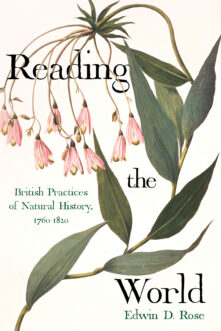
Reading the World
British Practices of Natural History, 1760-1820
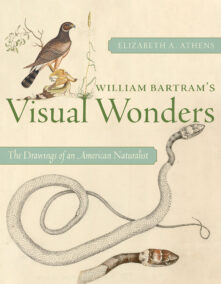
William Bartram’s Visual Wonders
The Drawings of an American Naturalist
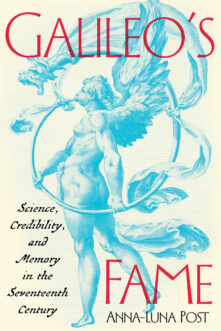
Galileo’s Fame
Science, Credibility, and Memory in the Seventeenth Century
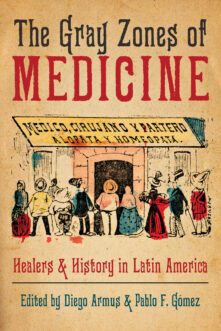
The Gray Zones of Medicine
Healers and History in Latin America
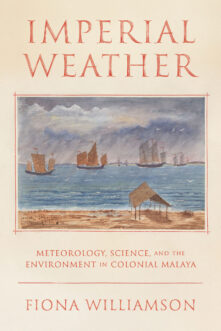
Imperial Weather
Meteorology, Science, and the Environment in Colonial Malaya
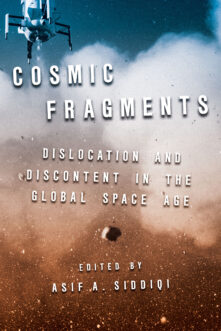
Cosmic Fragments
Dislocation and Discontent in the Global Space Age
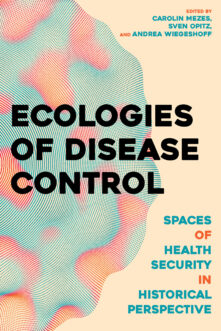
Ecologies of Disease Control
Spaces of Health Security in Historical Perspective
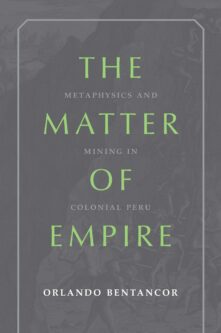
The Matter of Empire
Metaphysics and Mining in Colonial Peru
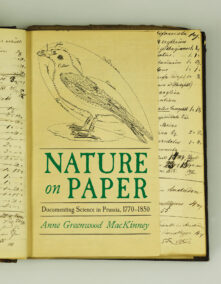
Nature on Paper
Documenting Science in Prussia, 1770-1850
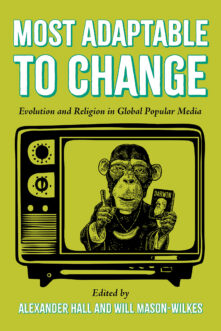
Most Adaptable to Change
Evolution and Religion in Global Popular Media
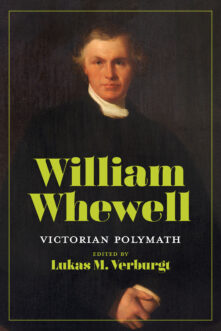
William Whewell
Victorian Polymath
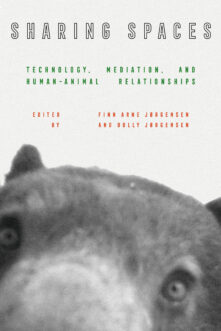
Sharing Spaces
Technology, Mediation, and Human-Animal Relationships
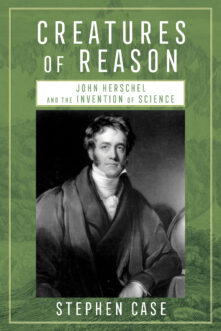
Creatures of Reason
John Herschel and the Invention of Science
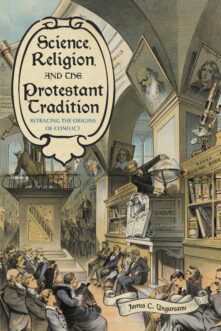
Science, Religion, and the Protestant Tradition
Retracing the Origins of Conflict
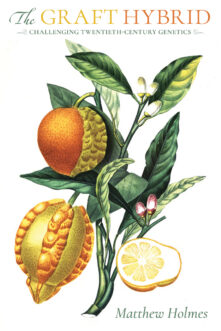
The Graft Hybrid
Challenging Twentieth-Century Genetics
Total 140 results found.

